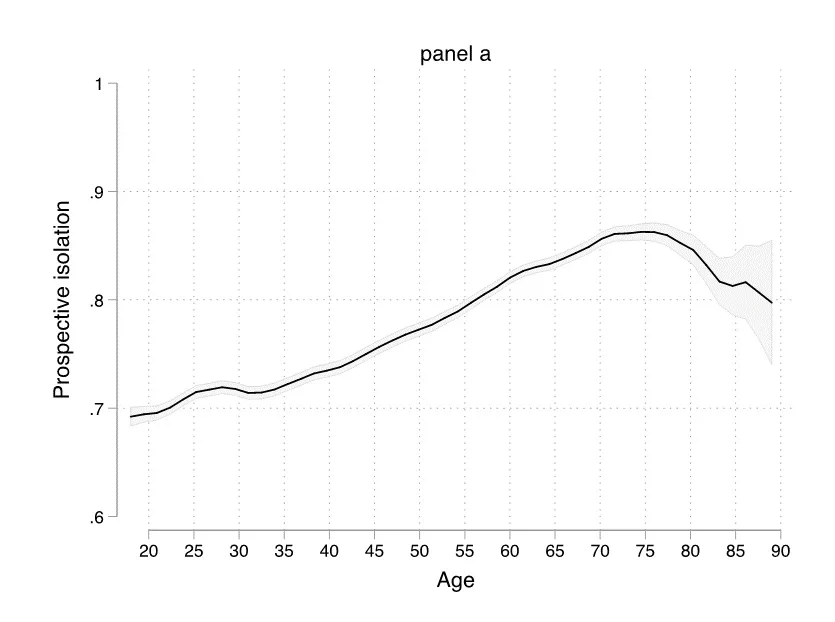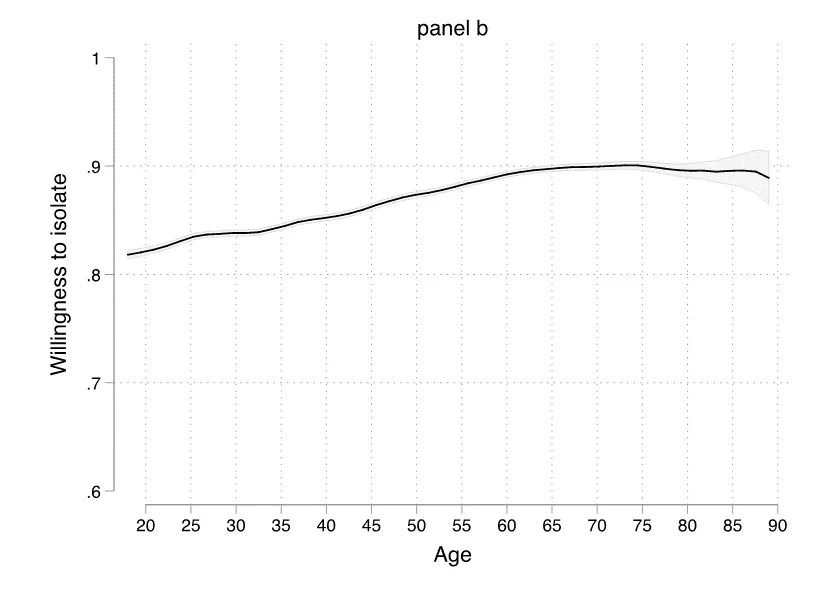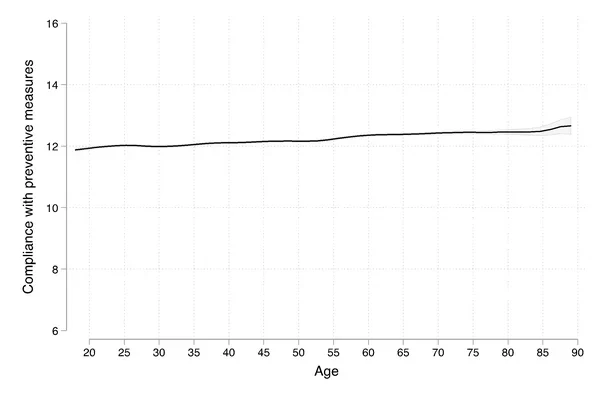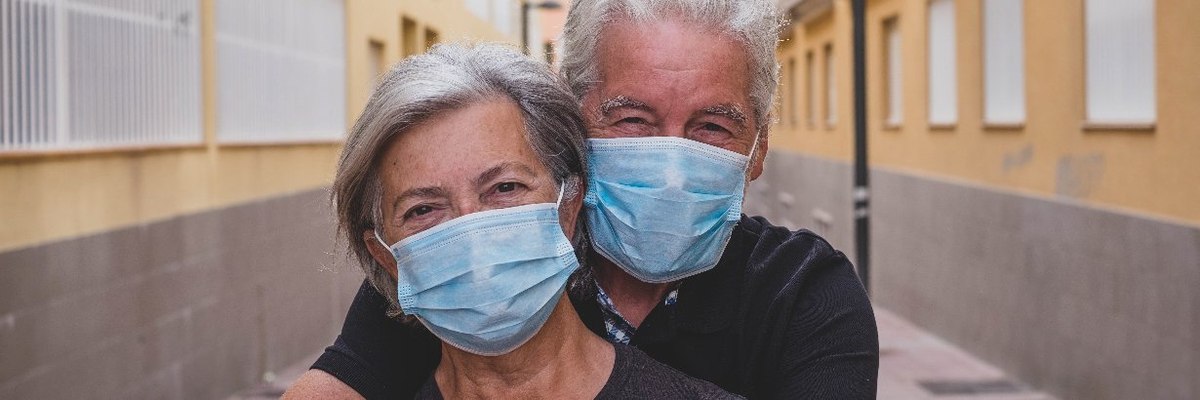In a guest column, Dr. Jean-François Daoust uses YouGov-ICL’s dataset from 27 markets to gain a deeper understanding of the responses of people aged 70+ to the COVID-19 pandemic
Looking at the evidence about the impact of COVID-19 it is clear that the elderly are by far the most vulnerable population group. As a result, public authorities have targeted older people in order to convince them to comply with preventive measures. However, we still know little about older people’s attitudes and compliance toward these measures.
To gain a better understanding of older people’s responses to the pandemic, I analysed data from the YouGov-ICL partnership from across 27 markets. The dataset is notable in that it has several thousand responses from people aged 70+ years old, meaning it allows for a greater depth of analysis than case studies provide.
It is very reasonable to expect that older people and particularly elderly people would 1. isolate to a greater extent (if they were told to do so), 2. be more willing to isolate, and 3. comply to a greater extent with preventive public health measures. However, the data paints a different picture.
Isolating if told to
The analysis shows that age has a positive effect on one’s likelihood to self-isolate (if told to do so), but, as panel A shows, it stops at the age of 70. In other words, people in their mid-to-late 70s are not substantially more likely to isolate compared to those in their mid-to-late 50s.

Willingness to isolate
There is a similar pattern when it comes to willingness to isolate (panel B). All things being equal, there is a (modest) positive relationship which becomes flat at around 60 years of age. Again, there does not appear to be a substantial difference between elderly people and somewhat younger citizens.

Note: local regression with a kernel (epanechnikov) function and a bandwidth of 0.8, with 84% confidence intervals included
Compliance with public health preventative measures
Third, Figure 2 shows that the relationship is even more surprising when it comes to the level of compliance with public health preventive measures. There is no substantial effect of age. In other words: younger people are as compliant as older citizens.
Figure 2. Compliance with preventive measures and age

This research provides the first thorough description of the attitudes and compliance in a comparative perspective among the most vulnerable people in society, and suggests that governments’ strategies toward elderly people have not been successful and shows that methodologically, we should be more cautious in treating age as having a linear effect on COVID-19 related outcomes.
The full article was published on PloS One: https://journals.plos.org/plosone/article/authors?id=10.1371/journal.pone.0235590
Anonymised respondent level data from the YouGov/ICL research is available from GitHub










